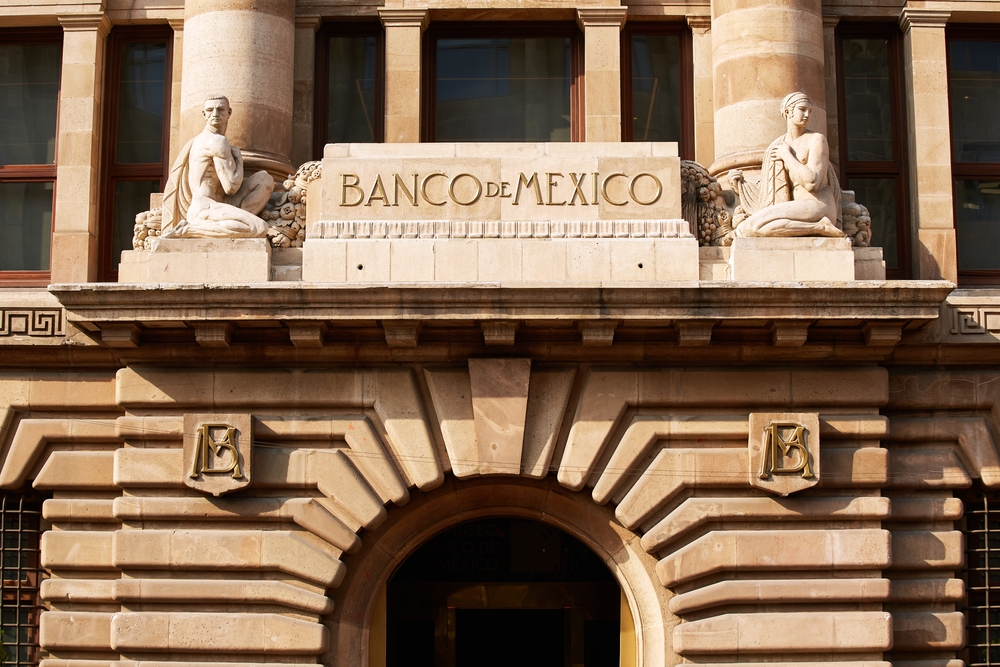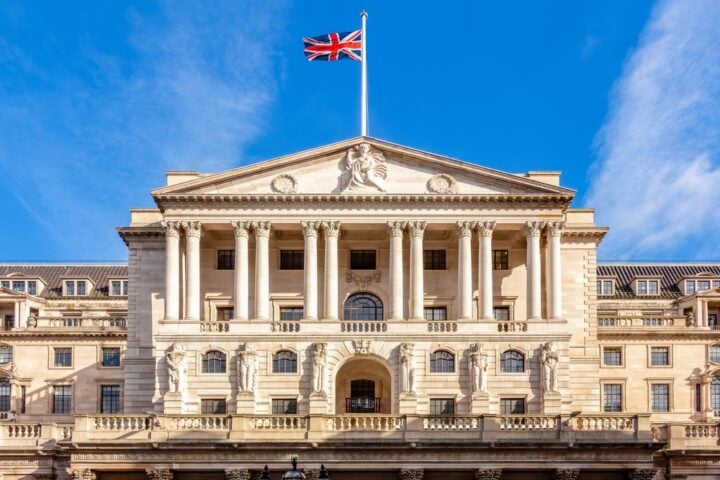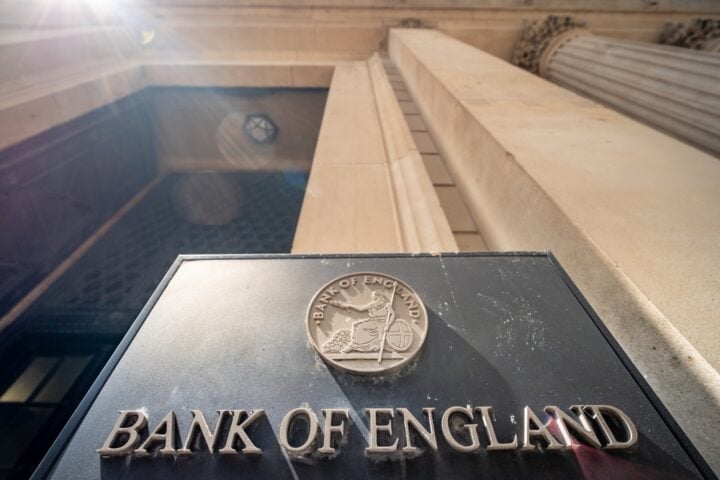The Bank of Mexico (Banxico) lowered its benchmark interest rate by 50 basis points on Thursday, citing cooling inflation and economic weakness. The rate now stands at 9.5%, marking its largest cut since the easing cycle began.
Banxico Accelerates Rate Cuts
This latest move follows five 25-basis-point cuts last year, with Banxico signaling that it will consider further reductions of the same size. The decision was widely expected after Mexican President Claudia Sheinbaum reached an agreement with U.S. President Donald Trump on Monday to delay planned 25% tariffs on Mexican imports.
Economists had feared that if the tariffs were imposed, the Mexican peso would weaken sharply against the U.S. dollar, potentially forcing Banxico to either slow or pause rate cuts.
Central Bank Split on Rate Decision
Banxico’s board voted 4-1 in favor of the rate cut, stating that inflation trends justify further easing while maintaining a restrictive monetary policy stance.
The lone dissenting vote came from Deputy Governor Jonathan Heath, who preferred a 25-basis-point cut. However, Heath had previously acknowledged that a 50-point reduction was possible in February.
Inflation and Economic Slowdown Drive Decision
Mexico’s 12-month inflation fell to 3.69% in January, reaching its lowest level in nearly four years and within Banxico’s target range of 3% ±1%. At the same time, the country’s economy contracted by 0.6% in Q4 2024, marking the first quarterly decline in over three years.
Comparisons to U.S. Federal Reserve Policy
Banxico’s cut comes just a week after the U.S. Federal Reserve held its benchmark rate steady at 4.25%-4.5%, pausing its own rate-cut cycle after reducing rates by one percentage point in 2024.
With Mexico’s inflation under control and economic growth slowing, Banxico may continue easing policy. In a statement, policymakers indicated they could “calibrate monetary policy further” with similar rate adjustments in the future.
Conclusion
Mexico’s interest rate is now at its lowest level since September 2022. As inflation stabilizes and growth slows, Banxico appears poised for further rate cuts, potentially narrowing the interest rate gap between Mexico and the U.S.







